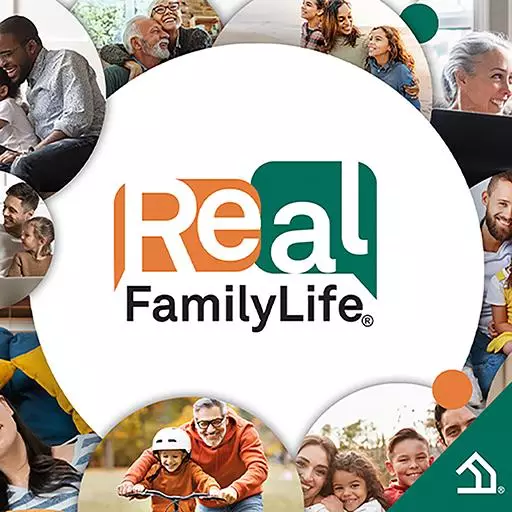When Your Spouse Embarrasses You
By Janel Breitenstein
Between the two of you, are you usually the embarrass-er or the embarrassed?
You know you’ve got that secret signal. It’s that look between the two of you communicating something like For the love of Mike, cease and desist.
There’s a wonderfully broad spectrum here: From, Oh, he did not just say that to my mother. To, Wow, in front of my boss, my spouse’s enthusiasm reminds me of an animated woodland creature.
How can you deal? A few questions to ask.
1. Am I more concerned about my spouse or myself?
When you’re able to step away from losing face, is this more about your comfort zone, or more about a spouse being unwise or unloving?
How can you shift your focus from your own kingdom/your will being done—what you want, your agenda (Revenge! Saving face! Protection of my ego!) to God’s kingdom, and what He wants for your spouse?
2. What’s beneath my embarrassment?
Is this something you can overlook and truly be able to forgive—not just be in denial?
Does this touch on a moral issue, challenge your identity (should it?), or ping on a past experience associated with shame?
3. When/how is my spouse most likely to respond with openness?
First, take it out of the public sphere, which will likely have the ambushed, fight-or-flight reaction operating from shame rather than an open mind.
Then try the classic When you __, I feel __.
4. How can I appreciate what this trait brings to the table?
Start internally: When we met, I loved how bold she was. He was so funny.
Consider articulating this: “You are so unguarded, and I know it helps people be themselves. But this seemed to lack some tact.”
5. One-off or a pattern?
This could mean the difference between “I wondered about something you said earlier…” and “I’m starting to feel like when we’re with your friends, you lose sight of me.”
Like any other conflict, embarrassment is an opportunity: to love each other better, act and grow to be like Jesus, and honor Him even when you haven’t been.
Is your marriage really as bad as it seems? Five reasons it probably isn’t.
The Good Stuff: Let love be genuine. Abhor what is evil; hold fast to what is good. Love one another with brotherly affection. Outdo one another in showing honor. (Romans 12:9-10)
Action Points: Jesus emptied himself of the honor He deserved, taking on the form of a servant (Philippians 2:5-7). And yet it’s a good thing for you and your spouse to help each other “count others more significant than yourselves” (2:3), learning to love each other with increasing honor and regard. Personally, what are your own guidelines of when to say something? How do those compare with Scripture?
Visit the FamilyLife® Website



